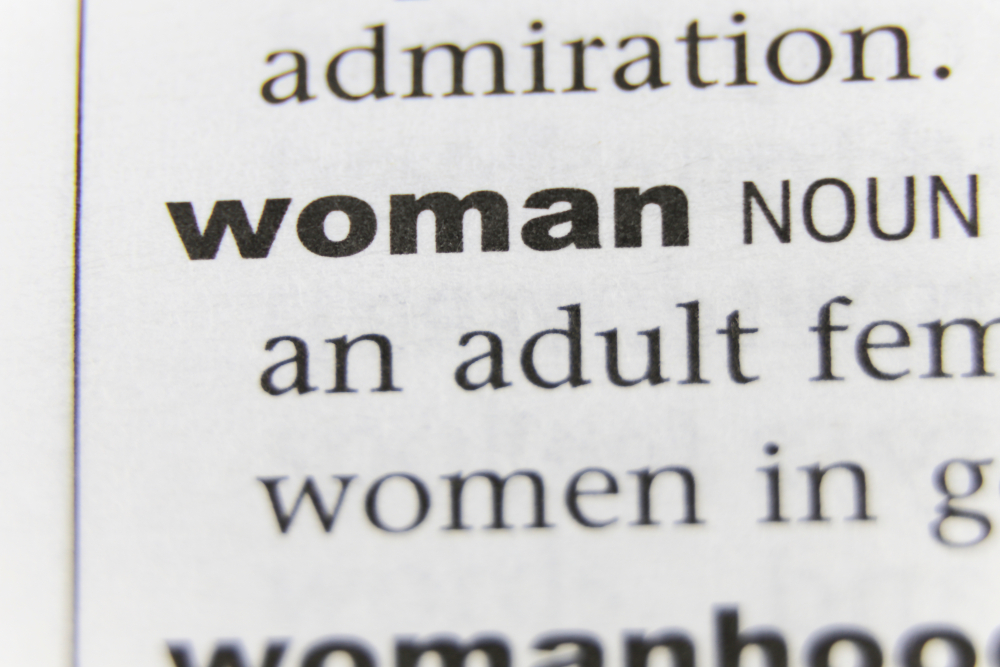
Supreme Court Ruling: Definition of ‘Woman’ Explained
Woman and Sex is based on biological sex, meaning transgender people with gender recognition certificates will not be legally recognised as women under the Equality Act 2010.
In a pivotal decision, the UK Supreme Court has ruled in favour of For Women Scotland Ltd (FWS) in the case against the Scottish Ministers, clarifying that the term “woman” under the Equality Act 2010 refers exclusively to biological females. This judgment overturns previous interpretations that included transgender women with Gender Recognition Certificates (GRCs) within the legal definition of “woman.”
The case centred on the Gender Representation on Public Boards (Scotland) Act 2018, which aimed to improve gender balance by including transgender women with GRCs in its definition of “woman.” FWS challenged this inclusion, arguing that it conflated distinct protected characteristics and exceeded the Scottish Parliament’s legislative competence.
The Supreme Court’s decision has significant implications:
- Legal Clarity: Affirms that “woman” in the Equality Act pertains solely to biological sex, providing a clear legal definition.
- Single-Sex Spaces: Supports the maintenance of single-sex services and spaces, such as women-only shelters and sports categories, based on biological sex.
- Legislative Impact: May prompt revisions to existing laws and policies that previously included transgender women with GRCs under the category of “woman.”
This ruling is expected to influence future legislation and public policy, reinforcing the distinction between sex and gender identity in legal contexts and could have implications in the unlawful harassment and discrimination case against Fife NHS brought by Nurse Sandie Peggie.
 Advice on Settlement Agreements Employees
Advice on Settlement Agreements Employees Advice on Settlement Agreements Employers
Advice on Settlement Agreements Employers